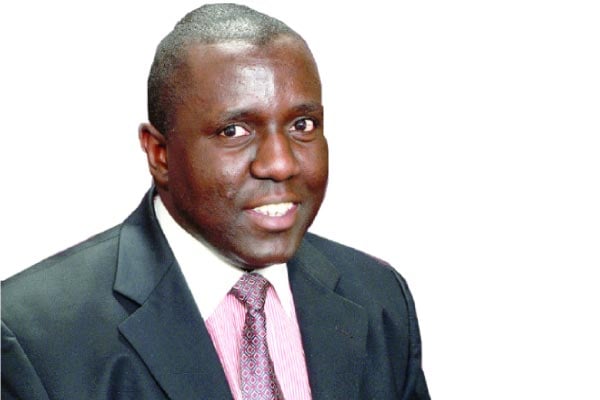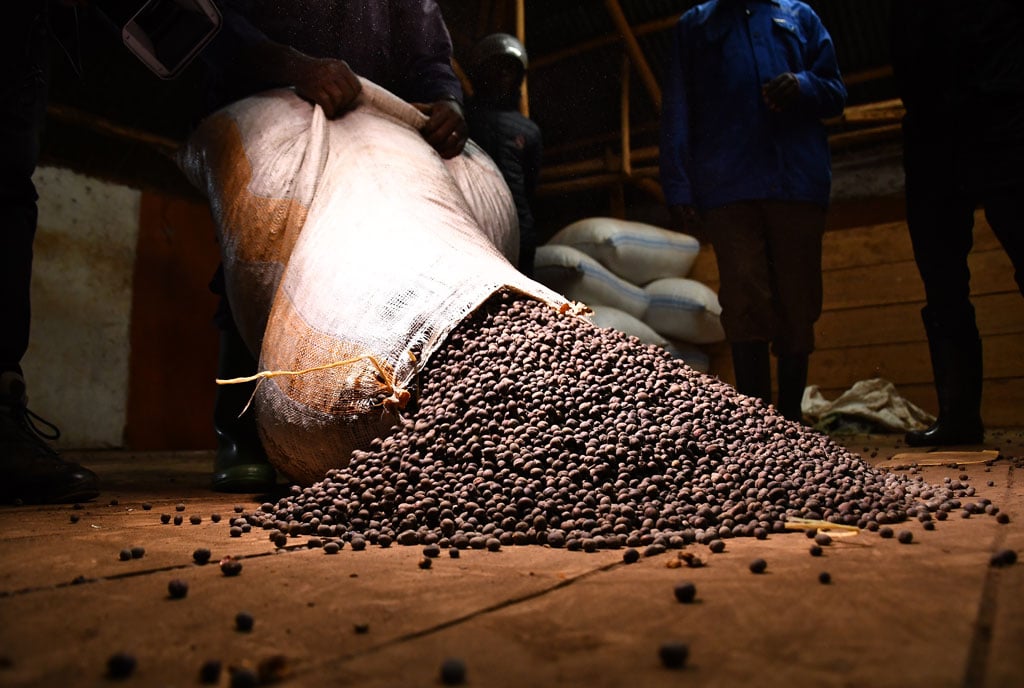
Mr Nicholas Sengoba
Hats from all directions and manner of individuals are flying into the ring, now that the Electoral Commission has issued the roadmap leading to the 2026 General elections.
It will largely remain a Uganda election.
Many of the incumbent MPs and other elected officials will find themselves out of job and money for ridiculously not attending burials.
The army foresees threats that are not often obvious to the naked eye, and is accused of supporting the status quo.
You can expect complaints of violence, incarceration and even death.
There will be theatrics of stage-managed kidnaps for the publicity.
A lot of money will change hands buying off support. Social media will be awash with all manner of rumours, and outright lies.
We can be sure, judging from elections from 1996, that drawing from the advantages of incumbency, Mr Museveni will be announced winner.
Again from 1996 at the presidential level, we can be sure that there will be an eye-catching maverick, no-hoper. A character almost similar to the Shakespearean fool who enters the race not to win but to make a point in the most dramatised bizarre fashion that borders on the absurd.
Usually this character is from the most populous ethnic group; the Baganda.
The Baganda in the middle of Uganda with an ancient Kingdom spanning over 600 year old have in most cases been a major player and influencer in almost all the political events affecting the country.
From the dawn of colonialism before Uganda became, to Independence in 1962. The names Kabaka Mwanga, Augustine Kamya, Jolly Joe Kiwanuka, Ignatius Musaazi, and Ben Kiwanuka are laden with history.
Consequently the 1962 Independence constitution is accused of ‘excessively’ accommodating Buganda’s wishes for autonomy.
The first President Sir Edward Muteesa was its king. The relationship with Uganda has not been an easy one. When the Kabaka’s palace was attacked by the Ugandan army in 1966 leading to the abolition of the Kingdom, it became worse, causing a siege mentality.
Throughout the period of Idi Amin from 1971 to 1979 most Baganda elites voted with their feet or decided to lie low like the proverbial envelope.
In the 1980 elections Paul Kawanga Ssemogerere, a Muganda, from DP received many votes in Baganda and many. It is alleged that his victory was stolen by the Milton Obote-led UPC party with the help of Paulo Muwanga and the UNLF army. It led to the Bush war of 1981-86, which the Baganda supported vehemently to deliver comeuppance to Obote and his acolytes for 1966 and 1980. It ended with Yoweri Museveni in power to this day.
After canvassing for opinions by the Justice Odoki Commission in which about 68 percent of respondents favoured a federal system of government, a new constitution in 1995 was put in place. It offered a unitary arrangement.
From the first election held under this constitution in 1996 you notice that from Buganda with all its rich political history, it always produces the ‘dark sheep’ of the election at the presidential level. It leaves many people wondering, ‘what happened to ‘these’ people?’
In 1996 Besides Ssemogerere who got about 23 percent of the vote, you had a little known decent Muganda, Hajji Kibirige Mayanja, a director of Planning and Development at Makerere University, with about 2 percent. Like he had not left, Mayanja returned to his university job after that election.
In the violent and contentious election of 2001 Kibirige Mayanja returned and this time got about 1 percent of the votes. But the story was of another Muganda, the dramatist and radio presenter Charles James Ssenkubuge ‘Siasa’. He did a few rallies where he opened with an act by queen dancers. He made news by allegedly running out of fuel and later dropped out of the race citing threats to his life. When Mr Museveni was announced winner, Senkubuge appeared at a victory rally and congratulated him. Court later decided that the process was seriously flawed.
In 2006, there were three Baganda, namely Ssebaana Kizito, Dr Abed Bwanika, and Miria Nakitto Kalule Obote. They got less than 4 percent of the vote. This time the Muganda to watch was Dr Bwanika who, to the consternation of many, swore an affidavit that implied that the incumbent Museveni had won an election that was free and fair. Again, the court decided it was as fraudulent as the one of 2001.
2011 had Beti Kamya, Bwanika Jaberi Bidandi Ssali, and Samuel Lubega Mukaaku from Buganda. Again they made a very poor showing with a combined total harvest of about 2.2 percent of the vote. Mukaaku was the highlight with all manner of proposals and drama.
2016 again had Bwanika from Buganda and a little known Eng. Elton Joseph Mabirizi. The latter was the drama king of the election and headline grabber too with all manner of humorous statements and ridiculous actions. The inarticulate Mabirizi came off with less than 1 percent of the vote.
In 2021, we had from Buganda, musician-turned-politician, Robert Sentamu Kayagulanyi, a.k.a Bobi Wine, who like Ssemogerere in 1996 was looked at as a serious contender despite being a first timer. He swept most of the votes in NRM’s hitherto stronghold of Buganda. But there was a little-known Willy Mayambala; the less said of him the better for there was almost nothing to write home about. Then there was the unforgettable John Katumba; who grabbed headlines for clowning through the process and ending up with less than 1 percent of the vote.
Of course many know that winning an election requires serious money and if possible a control of the instruments of coercion. With the near collapse of the once vibrant agrarian economy in Buganda, it is difficult to find a critical mass of people who can put together financial and organisational resources. Staging a formidable bid in the current circumstances becomes very risky as the State is apparently fused with the ruling party.
Besides, corruption has built a class that uses public resources for domination and therefore is difficult to compete against using personal resources. This has created an impasse and a vacuum to be filled by the Katumbas.
For now, the question is, who will play the part of the election clown, come 2026 and continue with the ‘orchestrated’ attempt to depict the Baganda as being a politically unserious, spent force?
Mr Sengoba is a commentator on political and social issues
X: @nsengoba








